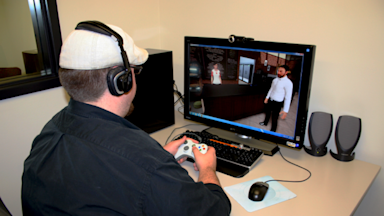
Social Awareness Increases Demonstrate Brain Changing in Adults with Autism
ScienceDaily
Center for BrainHealth
Share this article

Sandra Bond Chapman, PhD
Chief Director Dee Wyly Distinguished Professor, School of Behavioral and Brain Sciences Co-Leader, The BrainHealth Project

Tandra Allen, MS, CCC-SLP
Assistant Director of Research